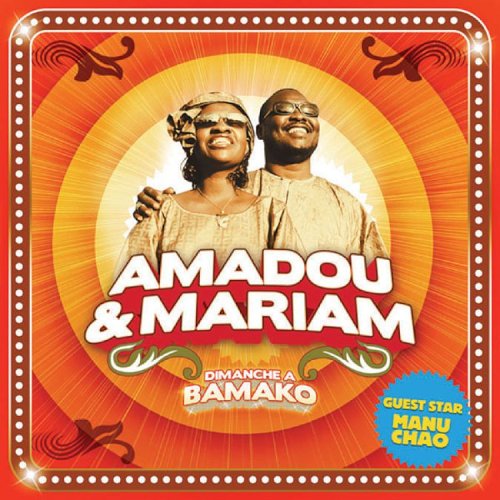
We moved at the end of February, when all this was unfolding only in Wuhan and Italy: distant, exotic. Like most who leave for the burbs, we—I, mostly—coveted more space, less noise. Now looking back, I see what I really wanted was minimal interaction with my species. Without Chad next door screaming at football games on ESPN every Sunday, without the woman upstairs thudding about at 5 a.m., I imagined life would be larger, expanding into all the mental spaces my neighbors had squatted in. I pictured reading Proust and staring out the window, lost in thought, infinitely uninterrupted.
You have reached your article limit
Sign up for a digital subscription and continue reading all new issues, plus our entire archives, for just $1.50/month.
Already a subscriber? Sign in




